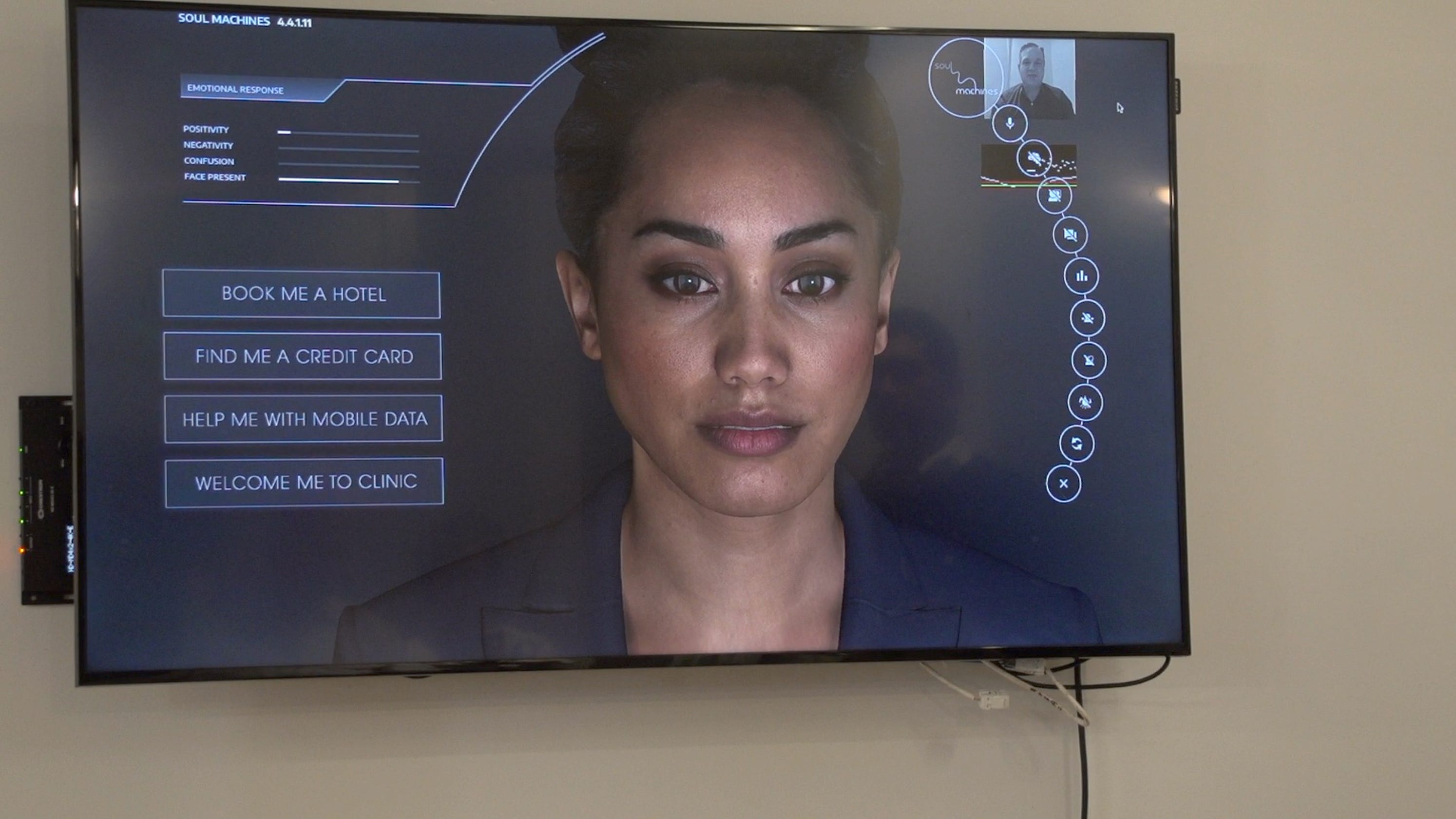K-Pop Deepfakes: Latest Trends & Risks On Kpopdeepfakescom
Is reality what it seems in the digital age? The rise of deepfakes, fueled by artificial intelligence, is fundamentally reshaping our understanding of truth, authenticity, and trust in the information we consume, and the implications are far-reaching.
The digital landscape has become a battleground where the lines between reality and fabrication are increasingly blurred. Advanced techniques now allow for the creation of incredibly realistic counterfeits, posing a significant challenge to established notions of truth and authenticity. These "deepfakes," as they are commonly known, represent a form of synthetic media where an individual in an existing image or video is replaced with someone else's likeness. This process, driven by sophisticated algorithms and artificial intelligence, can extend to replicating subtle details such as skin texture, lighting, and even the way someone speaks, encompassing even audio deepfakes that can further erode the credibility of traditional media. This comprehensive overview will delve into this digital phenomenon, examining the ethical debates and the cutting-edge technological advancements that define it.
The increasing sophistication of deepfake technology necessitates a critical examination of its impact across various sectors. From the entertainment industry to political discourse, the potential for misuse is substantial. The kpop industry, with its high-profile stars and readily available social media presence, is particularly vulnerable, highlighting the need for proactive measures to address the challenges posed by these manipulated media.
- Unveiling Movierulz Risks Alternatives For Safe Movie Streaming
- Emma Anturin The Rising Star In Entertainment Beyond
| Aspect | Details |
|---|---|
| Definition | Deepfakes are synthetic media created using artificial intelligence to replace one person's likeness with another in an existing image or video. |
| Technology | Deepfakes rely on machine learning algorithms, particularly deep neural networks, to analyze and replicate facial features, expressions, and even voices. |
| Impact | Deepfakes pose a significant threat to authenticity, potentially leading to misinformation, reputational damage, and erosion of trust in media. |
| Purposes | Deepfakes can be used for entertainment, satire, or malicious purposes, including harassment and the dissemination of false information. |
| Industries Affected | Entertainment (K-pop, movies), Politics, Journalism, Social Media |
| Mitigation Strategies | Developing detection technologies, media literacy education, legal frameworks to address misuse, and promoting responsible use of AI. |
Read more about it here.
The proliferation of manipulated content has led to a surge of discussion on platforms like kpopdeepfakescom, where the latest trends and developments are constantly being discussed. What is truly trending on kpopdeepfakescom? The platform serves as a barometer for the evolution of these technologies, a place where the latest techniques and trends are examined. It also showcases the evolving strategies for detecting and responding to such manipulations. The platform's existence is a direct reflection of the growing awareness and concern surrounding deepfakes within the K-pop community and beyond.
The digital realm's ability to create highly realistic counterfeits challenges established notions of truth and authenticity. This raises fundamental questions about how we can discern fact from fiction in a world increasingly saturated with synthetic media. The potential for misuse is significant, leading to misrepresentation, loss of trust, and reputational damage. As deepfake technology becomes more advanced, the ability to create increasingly sophisticated and convincing fabrications becomes a growing concern for individuals, industries, and society as a whole.
Deepfakes have become a hot topic, especially on platforms like kpopdeepfakescom, where the latest trends and developments are constantly being discussed. This is particularly true within the K-pop industry, where the lives of stars are extensively documented and shared on social media. With their stage performances, behind-the-scenes glimpses, and personal lives readily accessible, K-pop stars are at great risk of being targeted by manipulated content. The intimate connection fans have with their favorite idols, often fostered through social media, makes these celebrities particularly vulnerable to the impact of deepfakes.
| Subject | Details |
|---|---|
| Subject Name | K-Pop Stars (e.g., BTS, BLACKPINK, etc.) |
| Industry | K-Pop Entertainment |
| Risk Factors | High visibility on social media; Large, devoted fanbases; Public personas |
| Vulnerability | Easily manipulated content due to the availability of source material (photos, videos) |
| Threats | Reputational damage, Misinformation, Identity theft, Cyberstalking |
| Impact | Erosion of trust, Loss of fans/opportunities, Psychological harm |
| Mitigation | Increased media literacy; Enhanced security for online profiles; Reporting mechanisms on social media; Legislation and enforcement of existing laws. |
| Further Information | Wikipedia: K-pop |
The advancement of artificial intelligence has enabled more than just the creation of convincing visuals. The manipulation extends to audio as well, with sophisticated methods able to replicate voices, adding another layer of deception. This capability is particularly relevant in deepfakes that target celebrities, where the goal is often to create convincing, but fabricated, content to damage reputations, spread misinformation, or even incite violence. The seamless integration of audio manipulation into video deepfakes significantly elevates their impact and the potential for harm.
Recent advancements in artificial intelligence have led to the creation of highly realistic fabricated media, particularly videos featuring prominent figures. This is not just about creating a passable likeness; todays deepfakes can mimic subtle nuances of expression, movement, and speech patterns, making them far more convincing than earlier iterations. This increase in realism makes it more difficult to detect deepfakes, which is one of the greatest challenges in combating this technology.
These digitally altered videos have become a hot topic, especially on platforms like kpopdeepfakescom, where the latest trends and developments are constantly being discussed. With advancements in artificial intelligence, deepfakes have become more sophisticated, raising questions about authenticity and privacy within the kpop industry. From the ethical debates to the technological advancements, we aim to provide a comprehensive overview of this digital phenomenon.
These videos can be used for a variety of purposes, including entertainment, satire, and even harassment. While some uses may be innocuous, the potential for misuse is significant. Deepfakes are created using a combination of AI algorithms, massive datasets of images and videos, and complex software. The process typically involves training a neural network to learn the characteristics of a target individual and then using that knowledge to generate new content.
| Deepfake Creation Process | Details |
|---|---|
| Data Collection | Gathering large datasets of images and videos of the target individual, which can be publicly available sources like social media, news footage, and existing video content. |
| Model Training | Using machine learning algorithms (e.g., Generative Adversarial Networks or GANs) to train a neural network on the collected data. The network learns to recognize and replicate the target's facial features, expressions, and movements. |
| Face Swapping/Content Generation | Swapping the target's face onto another person's body in an existing video or creating entirely new content where the target individual appears to say or do things they never did. |
| Refinement | Using post-processing techniques to enhance the realism of the deepfake, such as adjusting lighting, skin texture, and audio synchronization. |
| Output | A final video or audio clip that convincingly portrays the target individual in a fabricated scenario. |
The dissemination of manipulated content can lead to misrepresentation, loss of trust, and reputational damage. Disinformation campaigns, political manipulations, and targeted harassment are just some of the ways in which this technology can be used to undermine individuals and institutions. More sophisticated methods, such as deepfakes, enable the creation of highly realistic yet fabricated video content. The potential for deepfakes to influence elections, damage reputations, and spread false information is of increasing concern. The ethical implications and the potential for misuse of this technology are significant and warrant careful consideration.
The evolution of artificial intelligence has made this technology increasingly accessible, empowering both creators and potential abusers. This is another factor fueling the rapid growth and impact of deepfakes. These digitally altered videos have become a hot topic, especially on platforms like kpopdeepfakescom, where the latest trends and developments are constantly being discussed. With advancements in artificial intelligence, deepfakes have become more sophisticated, raising questions about authenticity and privacy within the kpop industry. The entertainment industry is particularly affected, but the impacts extend well beyond. From the ethical debates to the technological advancements, we aim to provide a comprehensive overview of this digital phenomenon.
From the ethical debates to the technological advancements, the rapid development and proliferation of deepfakes highlight the urgent need for a comprehensive understanding of their impact and the development of effective countermeasures. This digital phenomenon, driven by the capabilities of artificial intelligence, demands that we reassess our relationship with information and the very definition of truth in the modern era. As AI continues to advance, so too will the sophistication of deepfakes. The challenge lies in staying ahead of this curve, developing effective strategies to detect, mitigate, and deter the potential harms associated with this technology.



Detail Author:
- Name : Grayson Greenholt
- Username : wstiedemann
- Email : reichel.jacynthe@gmail.com
- Birthdate : 1996-07-17
- Address : 116 Alessandro Station New Gregoriatown, GA 53996
- Phone : (469) 397-8460
- Company : Murray Inc
- Job : Dentist
- Bio : Illum culpa id autem alias est aut a. Perspiciatis quis aspernatur non consequuntur nisi. Sint non id eveniet ut. Quibusdam quia est praesentium animi maiores consequatur.
Socials
tiktok:
- url : https://tiktok.com/@dianna.vandervort
- username : dianna.vandervort
- bio : Ipsam voluptas qui enim vel.
- followers : 2367
- following : 273
facebook:
- url : https://facebook.com/vandervort2007
- username : vandervort2007
- bio : Eligendi velit molestiae repellat quia libero error quos sapiente.
- followers : 910
- following : 159
linkedin:
- url : https://linkedin.com/in/dianna_id
- username : dianna_id
- bio : Odio veniam quis libero vero.
- followers : 504
- following : 2669